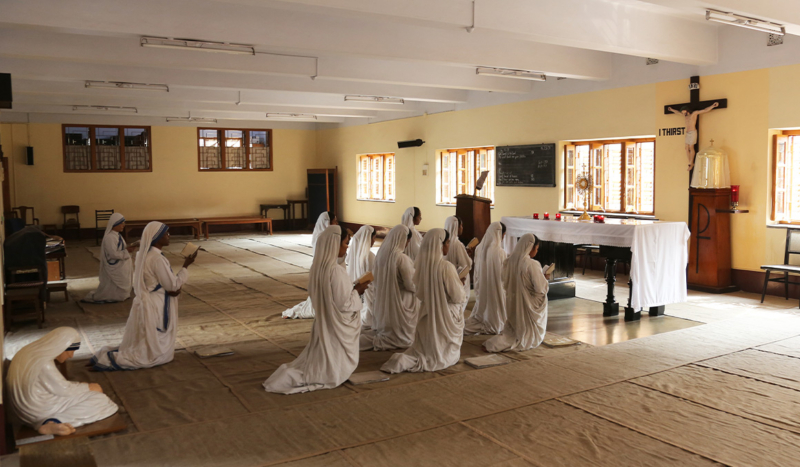
CV NEWS FEED // India’s most populous state has passed a new law against “forced conversions” that has raised concerns regarding religious freedom for Christians living in the country.
According to a recent AsiaNews report, the new measure passed in Uttar Pradesh poses a threat to the minority Christian community in the region “due to the many incidents of intolerance and intimidation by the most extremist fringes of the Hindutva movement that typically accompany this type of legislation.”
The Uttar Pradesh Prohibition of Unlawful Conversion of Religion Bill 2024 changes state law to have more rigid penalties, such as life in prison, for alleged acts of forced conversion.
The amendment further expands the reporting process for forced conversions so that any individual may report an instance of “forced conversion,” without the presence or knowledge of the alleged victim.
As AsiaNews reports, the National Council of Churches in India (NCCI) responded to the amendment, stating:
We object to this law in so far as it violates the provisions of the Indian Constitution. Conversion itself is not an offence unless induced by undue influence, misrepresentation, or coercion, which only the victim can claim.
The NCCI also raised concerns over the grey area ceded by the amendments that could enable state officials to target individuals or communities based on religious practice. According to the Council, the law heightens the “risk of heightened harassment and criminalization of peaceful religious practices, including baptism in Christianity.”
In a March 2023 report, the United States Commission on International Religious Freedom noted that 12 states in India have variations of the anti-conversion law, and these laws violate international human rights law.
“India’s state-level anti-conversion laws share three common features: prohibitions on conversions, notice requirements, and burden-shifting provisions,” the report notes: “Each of the three features is inconsistent with international human rights law’s protections for freedom of religion or belief.”

